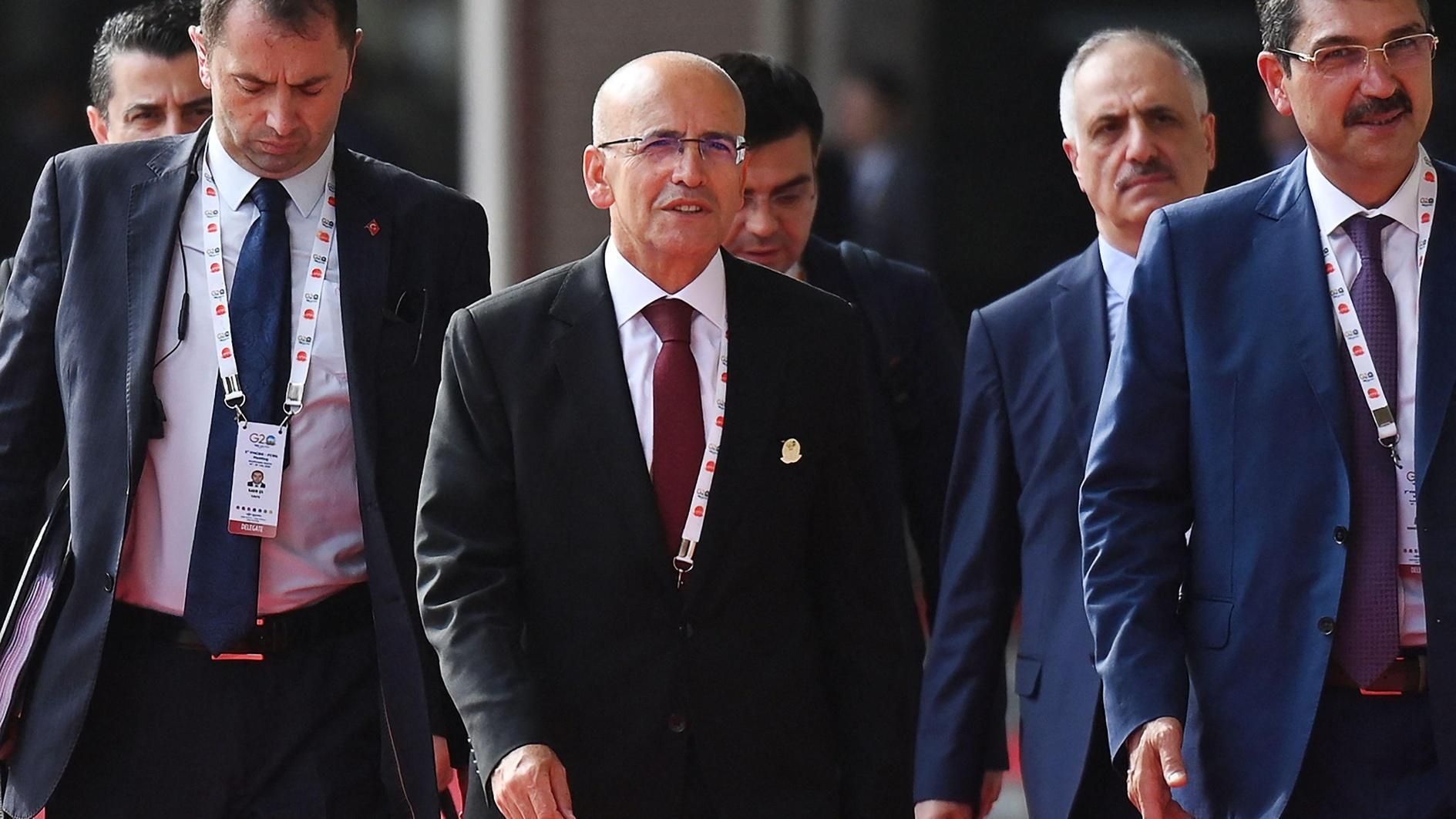A Greek tragedy or a European comedy
Is the prominent European leaders’ main aim in helping Greece in order to save the whole European economy or to save their political future? After watching and listening to them and paying even a little attention to what they say it is not difficult to understand their first concern is upcoming elections, especially in France and Germany. They are of course experienced and wise enough to understand each other’s popularity problems. Why then do they insult simple people on the street assuming they are not wise enough to see this somewhat hopeless struggle to regain popularity or at least not to loose further? If this political struggle is helpful to restore the European economy, nobody can blame them. However, if they are using the major part of their efforts only to save their political future and if the remaining strides can’t contribute to restore the economic troubles, not only will people in Europe but all over the world not forgive them. And this might be the real end of their political life.
Greece’s and some other European countries’ problems are not difficult to understand. When debts increased to a critical level and income is not big enough to make periodic payments besides to finance necessary daily expenditures, the person, household or a nation faces two big financial troubles simultaneously: accumulated debts and budget deficit. There are two alternatives to solve these problems, bailout or restructuring. It means either it must to find new financial support from somewhere or try to make a new deal with the original lenders for a new credit line with longer term and/or lower interest rates. Both these ways have their difficulties and troubles.
Even if a new loan is found from a friendly lender to pay a considerable part of the original debt, family members must be convinced on a more modest life style in order to have a budget surplus instead of a deficit to make periodic payments to the friendly lender. If a new deal is made with the original lenders the family members must also be convinced for thriftiness.
Greek people’s revolt indicates openly the difficulties of convincing family members to make sacrifices in their usual daily lives for the sake of their own family’s future. However, it is not reasonable to blame them for their anger and say they are the responsible for country’s economic troubles by living beyond their financial limits. Responsibility for all national troubles obviously belongs to government. As a result, those governments must take the real responsibility for convincing people on the bitter remedies to save the economy. To put the blame on past governments is fruitless; simple people do not remember the serious mistakes made in the past and they do not want to listen to them. They want to listen to good news for the not so distant future.
Some wise men in Europe unwisely advised that quitting the euro is the best solution for Greece’s economic problems. They do not consider political impact of such a decision and a probable domino effect which might destroy the whole eurozone system. The European leaders must be realistic if they really and sincerely want to save Greece from real bankruptcy. However it is very important not to neglect some other EU countries’ similar debt and deficit problems. The volumes might be different but the difficulties are the same. Even if a sound, reasonable and feasible solution is found for the immediate problem, this solution might not be practical and possible to implement for future troubles. This will surely create a much bigger problem than the present one for the eurozone.
In short, to fight against serious calamities, such as a wide spread economic recession, requires courage and sacrifice. Individual successes and popularities in politics are generally temporary nature. People have short memories. They forget daily successes but they remember sacrifices made by the great leaders to save them from crises, not only political but also economic. This is the real “future” for a politician. And only the “great” leaders could accomplish this in the past. It might not be polite to point out that the biggest problem for Europe nowadays is the absence of such leaders.










